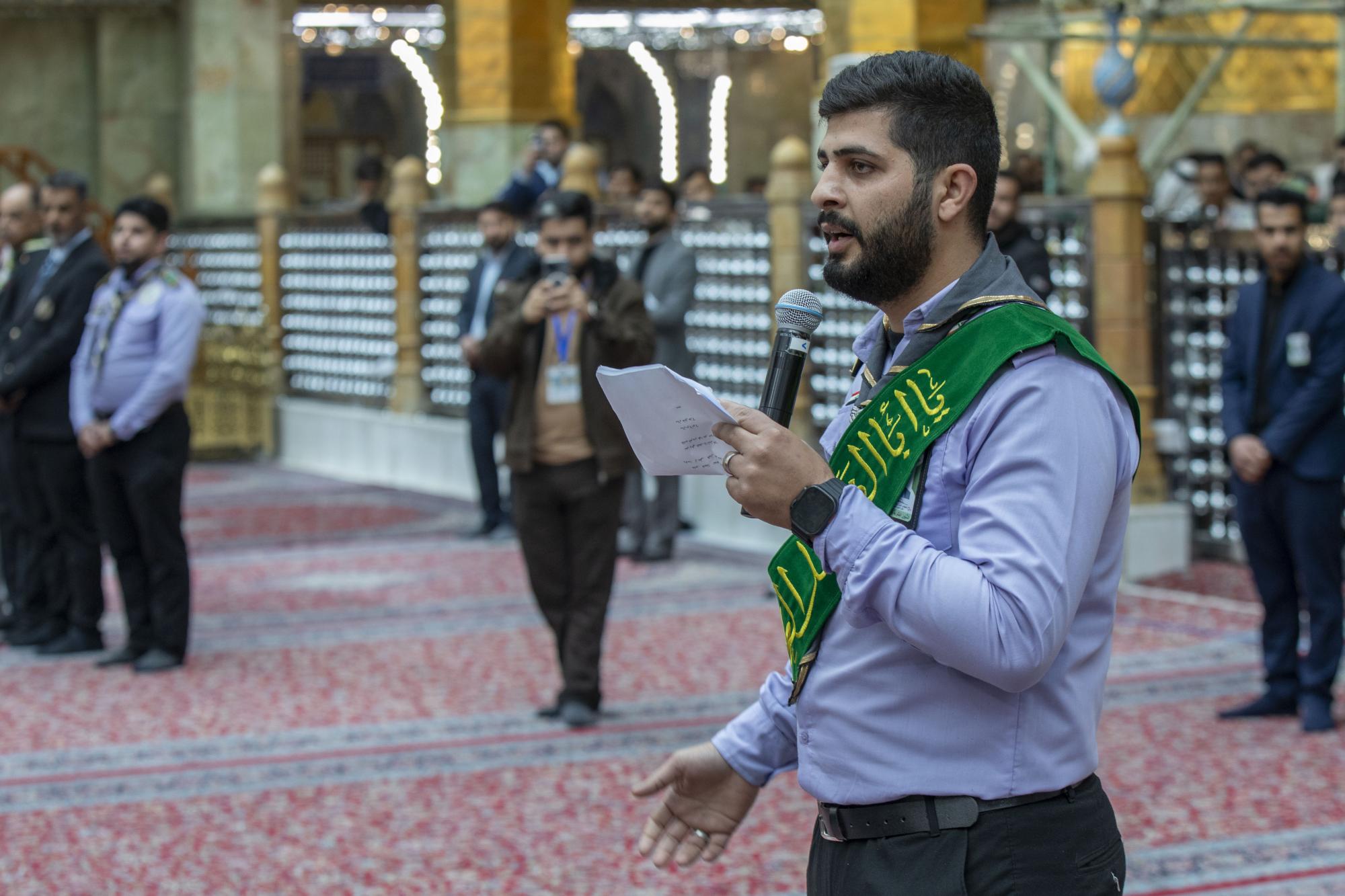The prophets before Islam, while recommending respect for mother would venerate mother themselves and seek mercy and forgiveness for her.
Prophet Abraham (PBUH) would pray for his parents and appeal to God to forgive them, "Our Lord! Forgive me and my parents and the faithful on the Day of Resurrection."
Prophet Moses and His Companion in Paradise
In the religion of Prophet Moses (PBUH), the position of mother has been very great and high. Prophet Moses, in her supplication with God, asked Him to introduce his companion in paradise. He was addressed, "O Moses! Go to such neighborhood and such shop. The man working there will be your companion in paradise."
Having researched on the youth, Prophet Moses realized that he does everything for his paralyzed mother and his mother prays for him so that God makes him the companion of Moses son of Imran in paradise.
Prophet Jesus' view on mother
The position of mother in the religion of Prophet Jesus (PBUH) is such that he thanks God in the beginning of his life and reminds this point and thanks God for making him righteous towards his mother; as he knows that being good to mother has the highest value, "… and [God has made me] kind to my mother and has not made me overbearing or miserable."
Paradise beneath mother's feet
Although all divine religions deem lofty status for mother and respect her, Islam has paid more attention to the issue and glorified mother.
God remembers mother greatly and reverently in the holy Qur'an. God, the Exalted, in chapters Loqman and al-Ahqaf, after recommending being righteous towards parents, mentions the pains and hardships that mother tolerates.
In the hadiths and practice of the Prophet of Islam, too, the observing of mother's rights, personality and position has been clarified properly.
Prophet Mohammad (Blessings of God upon him and his progeny) clarifies the status of mother as follows, "Paradise is beneath the mothers' feet."
Fourth Imam of Shias describes mother
Imam Ali ibn Hussein (PBUH), one of the descendants of the Prophet of Islam and the fourth Imam of Shia Muslims, says on the right of mother and her great status, "The right of your mother is that you should know that she carried you [in her womb] in a way that nobody carries another one; and gave you from the juice of her life while nobody gives it to another one; and hugged you with all her limbs and didn't fear if she was hungry; and while clothing you she didn’t care to be in sun or shadow; and gave up sleep for your sake and protected you against cold and warmth; and for this much service, how can you be thankful except with the help and favor of your Lord?"
This statement of the Imam clearly shows the great and lofty status of mother.
Naturally, this much of love and affection towards child and enduring of many hardships for training of child incurs a great right upon the child which must be tried to fulfill. This is where God says in the holy Qur'an, "… and do not say to them [your parents], 'Fie!' Take heed not to break your mother's heart and upset her which will bring about God's wrath as mother's anger ensues God's wrath.
The practice and behavior of the Prophet of Islam and his Ahl al-Bayt (household) and the 12 Imams who succeeded him and their interaction with their mothers and venerating the name of mother proves the lofty and majestic status of mother. The status of mother is high in the religious vision so that it has been mentioned in the verses of the holy Qur'an equal to obedience and worship of God.
What you read was adopted from an article titled, "Mother's Status in Religious Thought"
/129





